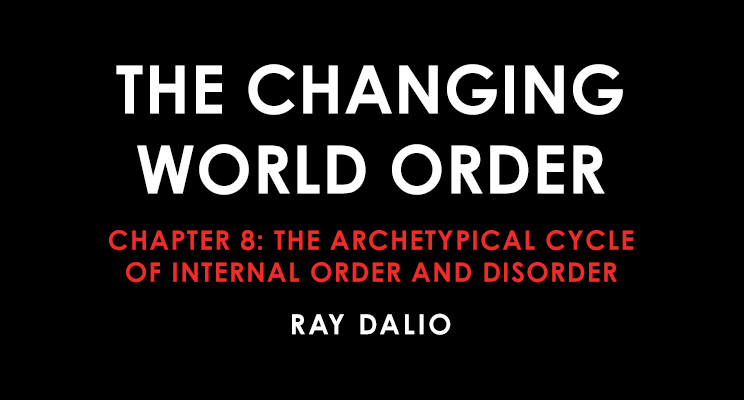Sublime
An inspiration engine for ideas
Determinism and analytical thinking break down a problem into tiny pieces, whereas non-determinism and systems thinking look at a problem’s bigger picture. Analytical thinkers say, “Mission accomplished. Now, let’s go home.” Systems thinkers say, “What were the results? Now, let’s make it even better.”
John Willis • Deming's Journey to Profound Knowledge: How Deming Helped Win a War, Altered the Face of Industry, and Holds the Key to Our Future
But for ordinary people to do extraordinary things, a system—“a way of doing things”—is absolutely essential in order to compensate for the disparity between the skills your people have and the skills your business needs if it is to produce consistent results.
Michael E. Gerber • The E-Myth Revisited: Why Most Small Businesses Don't Work and What to Do About It
loops should be relevant and important to the story. Theoretically, you could keep adding potential causes and effects to any systems story, until the diagram begins to resemble a plate of spaghetti. But after a few interdependencies become apparent, your team will find itself facing the underlying question: “What theme is emerging? What are the im
... See moreArt Kleiner • The Fifth Discipline Fieldbook: Strategies for Building a Learning Organization

Margaret J. Wheatley: The Unplanned Organization
margaretwheatley.comAs Charles Betz, author of Architecture and Patterns for IT Service Management, Resource Planning, and Governance: Making Shoes for the Cobbler’s Children, says:4 Because it is the best-understood area of IT activity, the project phase is often optimized at the expense of the other process areas, and therefore at the expense of the entire value cha
... See moreJez Humble, Joanne Molesky, �• Lean Enterprise: How High Performance Organizations Innovate at Scale
The essence of the discipline of systems thinking lies in a shift of mind: seeing interrelationships rather than linear cause-effect chains, and seeing processes of change rather than snapshots
Peter M. Senge • The Fifth Discipline: The Art & Practice of The Learning Organization
Departments, Responsibilities & Team Chart (DRTC): A SYSTEMology tool used to assign roles and responsibilities and identify knowledgeable workers who will play a key part in the development of systems. Download template: www.SYSTEMology.com/resources.